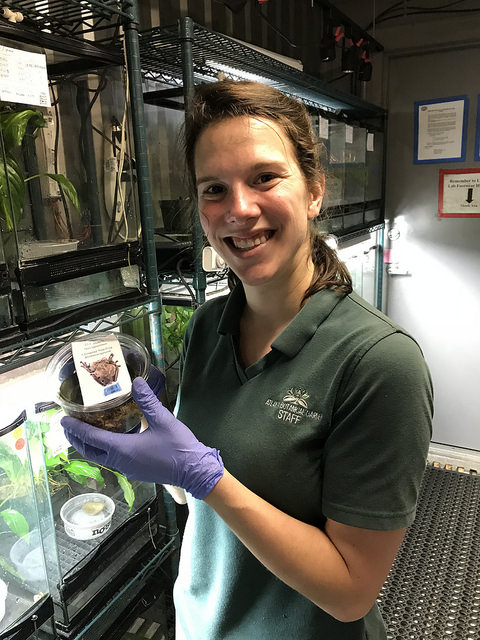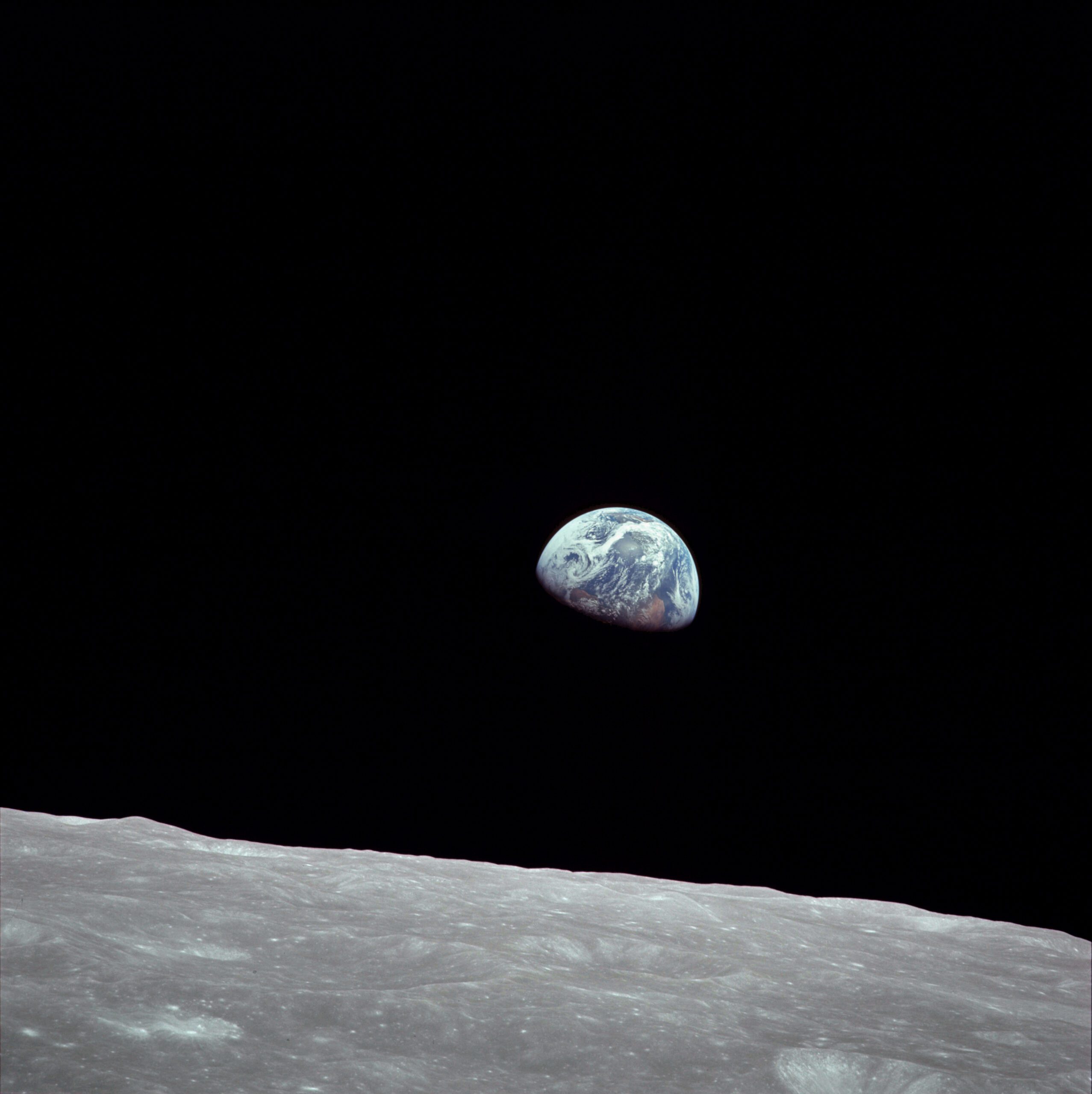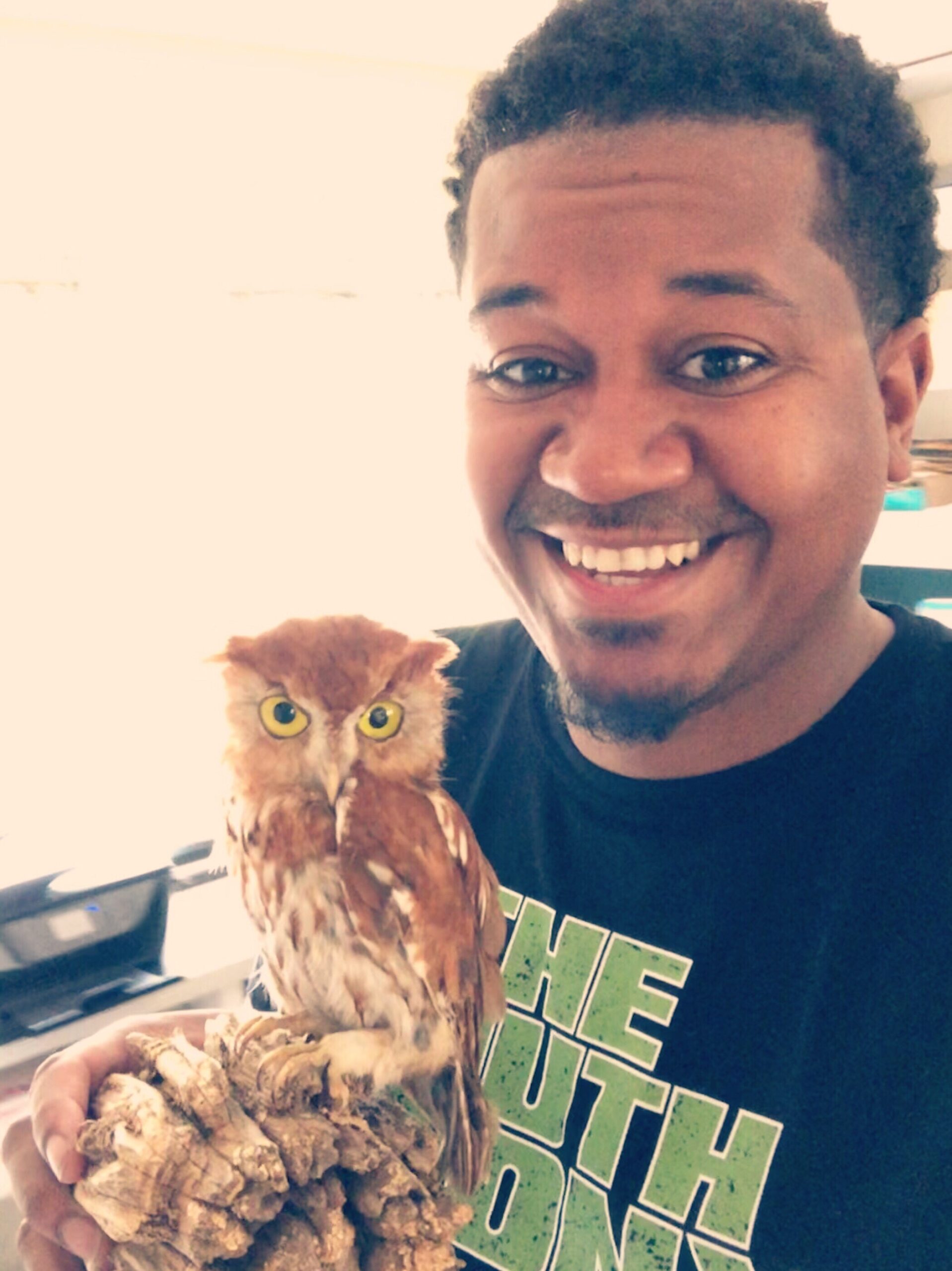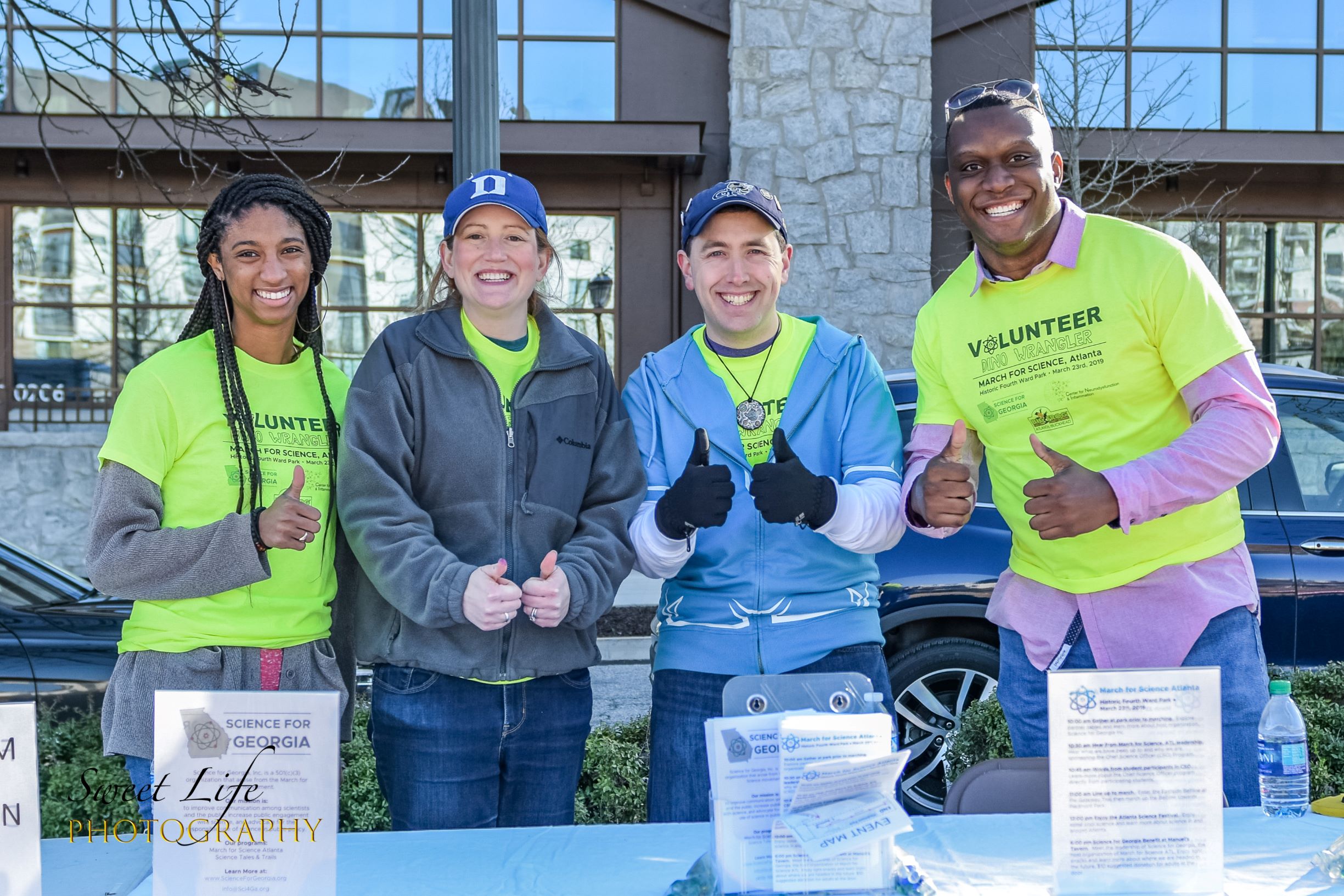July 16. 845 pmBeltline at Fourth Ward Skatepark and King of Pops Window. There is…

Aug 10 ST&T. Return to Panama: A Frog's Journey
Aug 10. Rose Circle Park. Noon.
Rain Plan: Meet at Monday Night Garage (right next to park)
August’s Science Tales and Trails will focus on amphibians.
Amphibians have been both predators and prey since before the dinosaurs, so modern ecosystems rely heavily on their booming populations and constant insect management. They are also important indicators of the health of their ecosystems: their permeable skin makes them particularly sensitive to changes in their environments, so they react sooner than other species to problems that threaten us all. This makes the recent extinctions of over 200 amphibian species particularly concerning; in fact, scientists now predict we may lose nearly half of all amphibians in the near future.
In the face of huge problems like global amphibian declines, it’s important to focus on small, tangible steps. One such success came last year when organizations collaborated to unite the remaining populations of two Panamanian species over a decade after they were exported and quarantined to protect them from a fungus that wiped out their wild populations. Now researchers will continue working toward the next step: reintroducing these species into their wild habitats. The speaker will discuss scientific responses to Bd “chytrid” fungus, her experiences working and traveling with the frogs, and other small steps we can all take to help amphibians both here and abroad.
Speaker: Chelsea Thomas is the head of the Amphibian Conservation Program at the Atlanta Botanical Garden. She studied Environmental Psychology at Oberlin College, focusing on how exposure to nature affects human well-being. After college, she became the primary animal caretaker at an educational farm while working with a psychologist to provide animal assisted therapy to children on the autism spectrum in Canton, GA. There she found her favorite work was addressing people’s phobias and preconceptions about reptiles, amphibians, and invertebrates, which led to her current role bridging the Education and Conservation departments at ABG. She hopes her talks will help people see the beneficial, interconnected side of potentially “creepy” creatures. Her proudest accomplishment to date is returning two extirpated species of frogs to their native country of Panama. She flew with the frogs to personally oversee their transfer, installation, and continuity of records. Her other work includes providing environmental education programs and keeping reptiles and amphibians for research, display, and education. Outside of work, she breeds many species of invertebrates and promotes edible insects as a sustainable food source.




